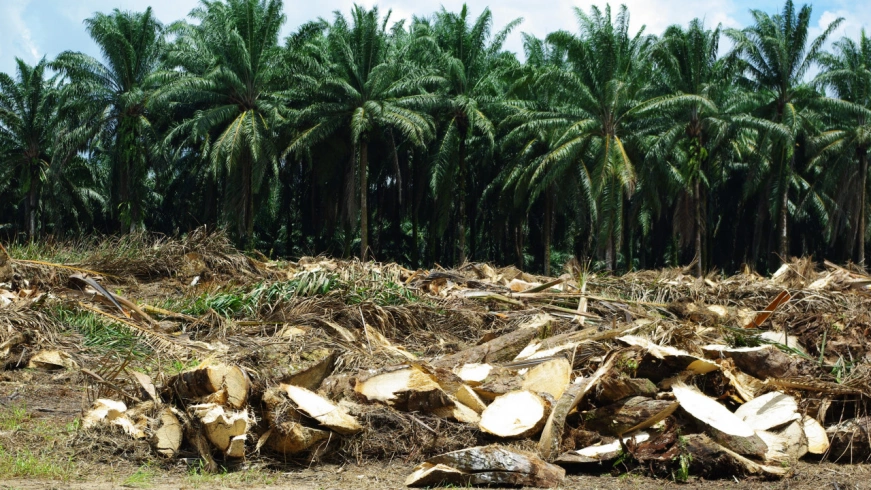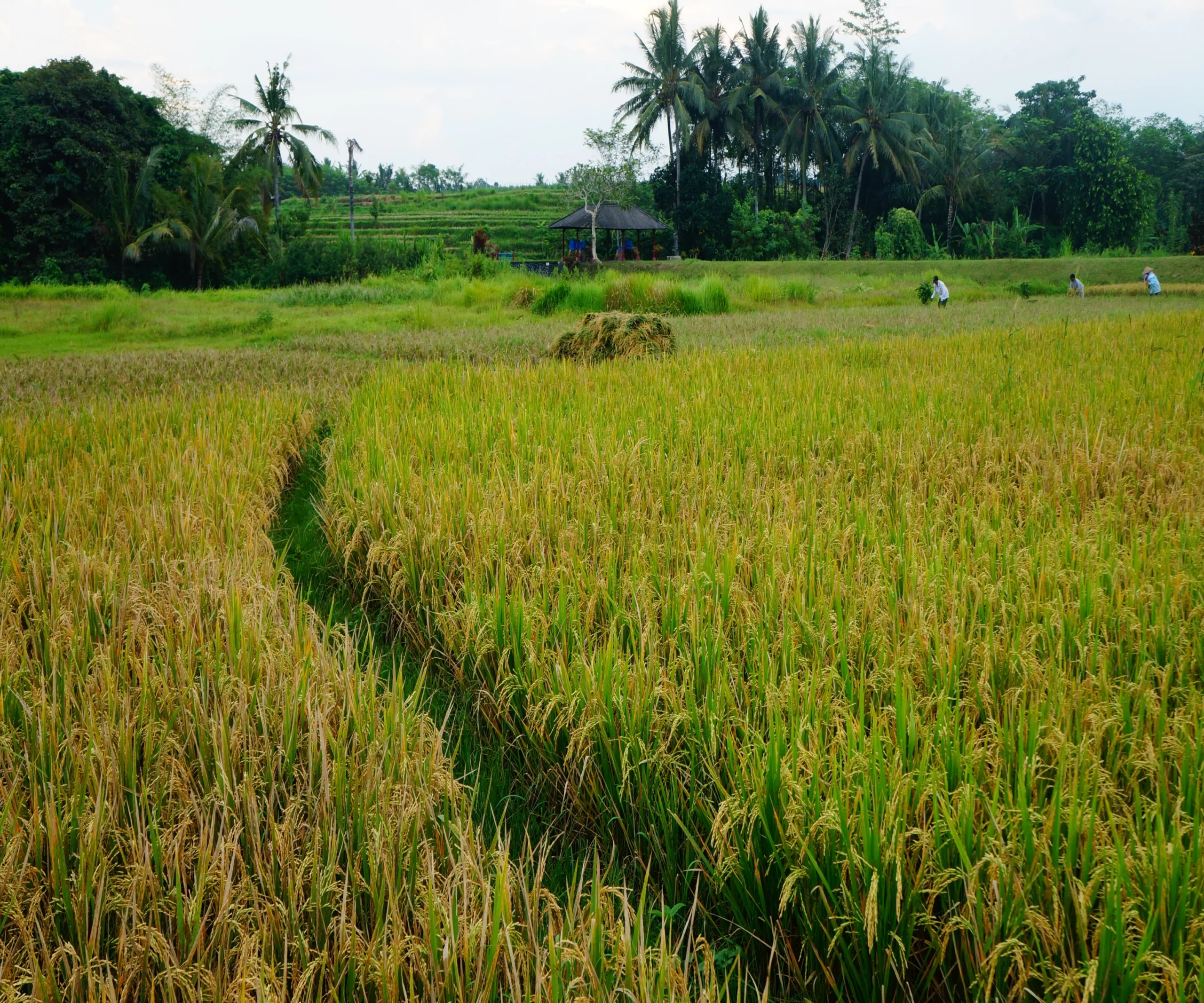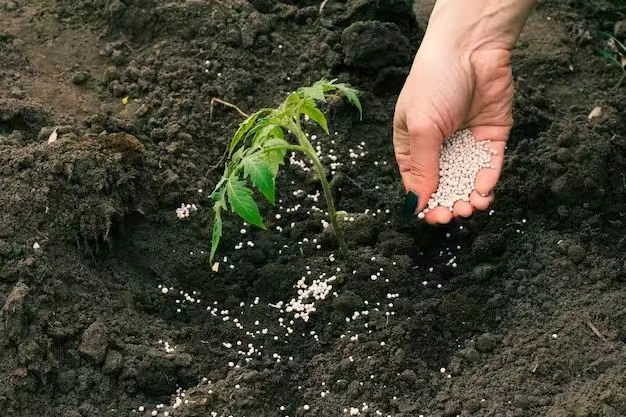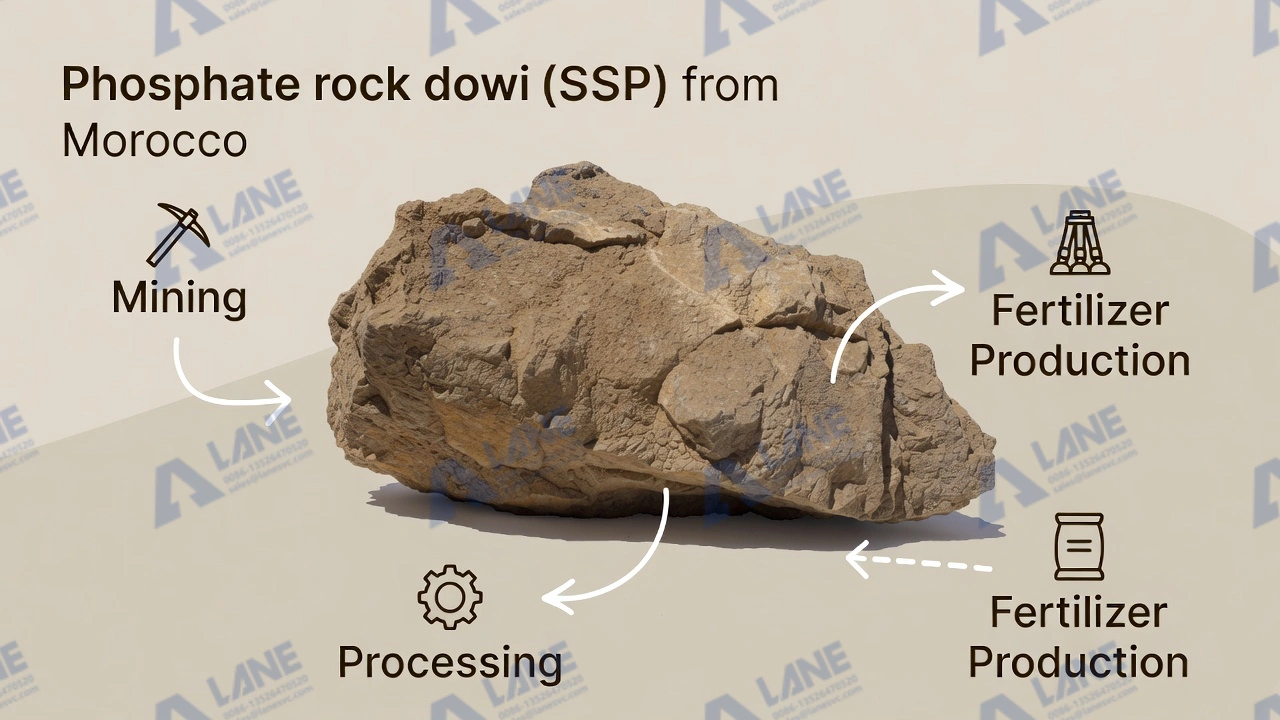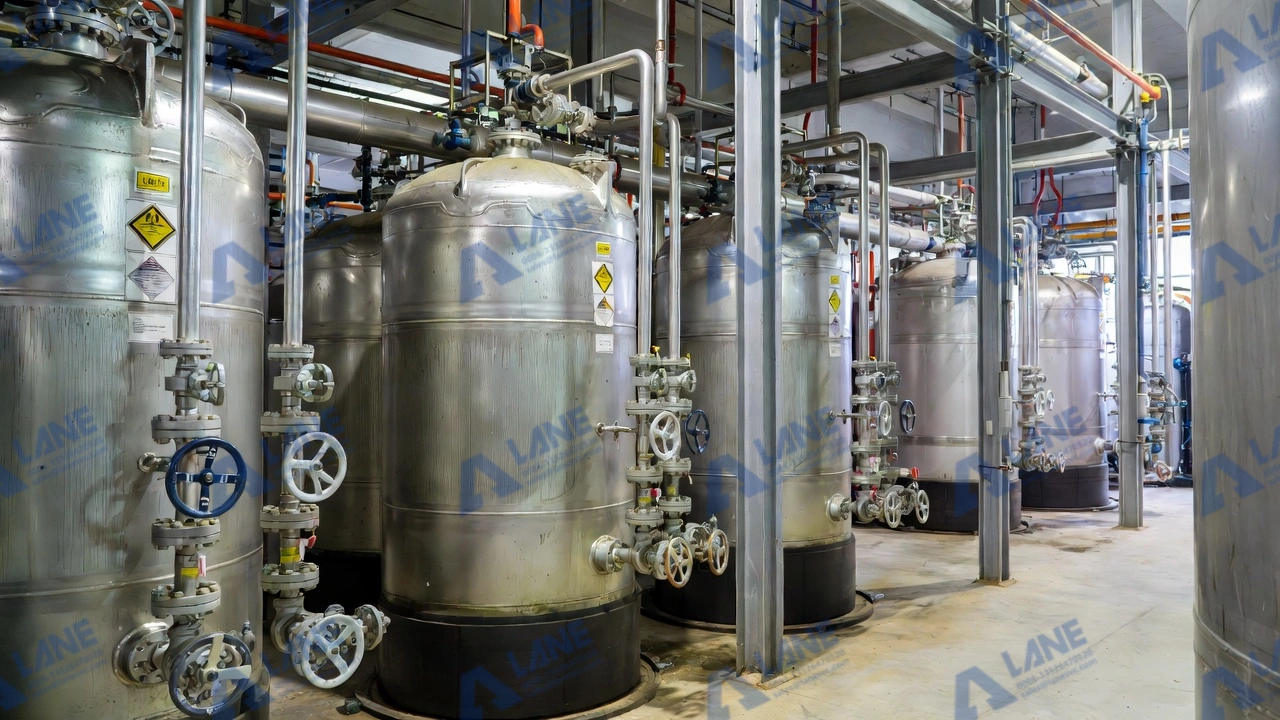Trial Production: SSP with Local Plant Waste
- 2025-08-16
In modern agriculture, innovation in fertilizer production is essential to meet rising demands for sustainability and efficiency. Our recent trial production project with a client in Malaysia explored whether local decomposed plant waste could be integrated into SSP fertilizer production lines. The results are encouraging and demonstrate that organic–inorganic compound fertilizers are a practical and profitable extension of SSP technology
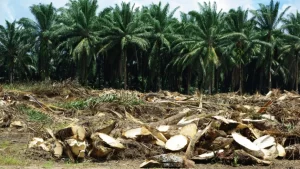
Malaysian plant waste
Why Trial Production Matters?
Trial production allows manufacturers and investors to test the feasibility of new raw materials, such as plant waste, before full-scale implementation. For SSP fertilizer, this step is crucial because the acidulation process with sulfuric acid must remain stable. Based on our technical evaluation, adding untreated plant waste during the acidulation stage is not recommended—it interferes with reactions, reduces nutrient availability, and creates environmental and safety risks. However, by conducting structured trial , we confirmed a safe pathway:
-
Produce conventional SSP powder or granules.
-
Pre-treat organic matter (composting, drying, crushing).
-
Blend SSP with organic matter in controlled ratios.
-
Granulate, dry, cool, and package as organic–inorganic compound fertilizer.
This trial production strategy ensures both process safety and product quality.
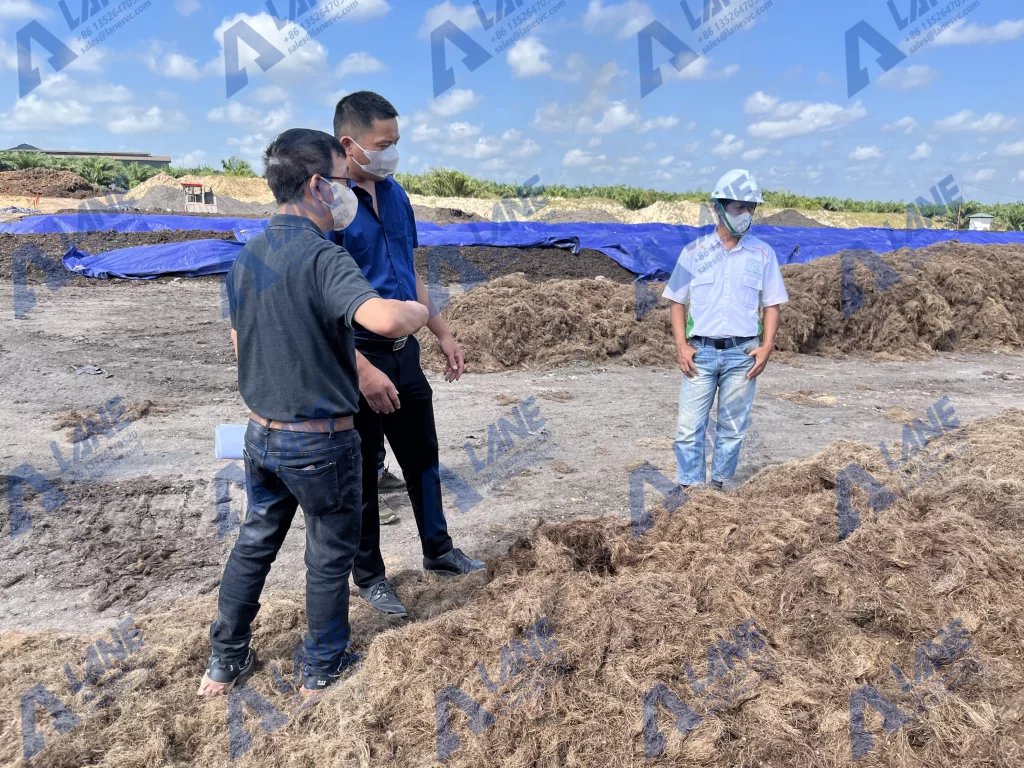
Malaysian local plant waste
Recommended Raw Material Ratios
From the Malaysia case, our trial confirmed the following optimal ranges:
-
SSP (base fertilizer): 40–70%
-
Organic matter (composted plant residues, humic substances): 10–40%
-
Conditioner/filler (bentonite, gypsum, dolomite): 5–20%
-
Binders (lignosulfonates, molasses, starch): 0.5–5%
All organics must be properly composted at 55–65 °C for ≥3 days to eliminate pathogens and odors. Particle size should be ≤1–2 mm to ensure homogeneity in mixing and granulation.
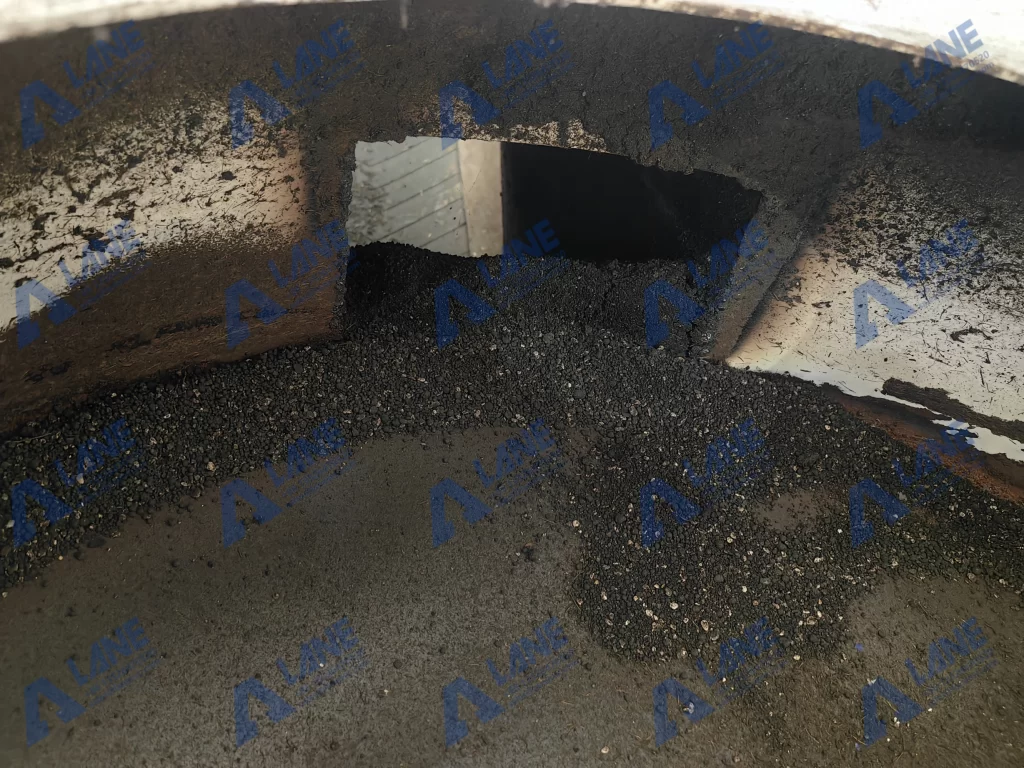
Process Flow from Trial Production
Our engineers designed the following trial production flow:
-
SSP Line: acidulation → curing → crushing → storage (SSP powder)
-
Organic Prep: crushing → screening → composting/drying → deodorizing
-
Batching: SSP + organic + binder + filler (via Advanced Batching Machines)
-
Mixing → Granulation (disc/trommel/roller press) → Drying → Cooling → Screening (2–4 mm)
-
Coating (optional) → Packaging
This trial production confirmed that the hybrid process can be integrated downstream of an existing SSP line, avoiding disruption to the main acidulation process.
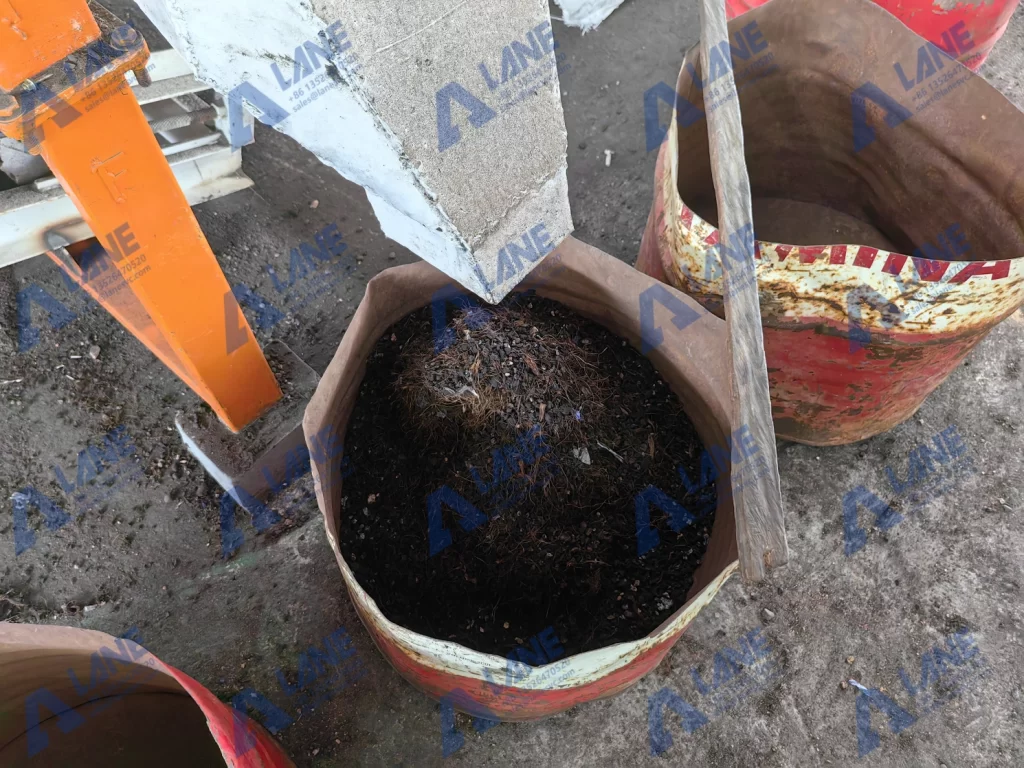
Granulation Options from Trial Production
-
Disc/Rotary Drum Granulation: Flexible, handles higher organic matter; optimal moisture 10–16%; target granule 2–4 mm; drying outlet 65–85 °C to preserve organic activity.
-
Roller Press Granulation: Higher density but requires finer feed and tighter water control (8–12%).
Our trial production demonstrated that disc and trommel systems are better suited for Malaysian raw materials due to higher moisture and fiber content.
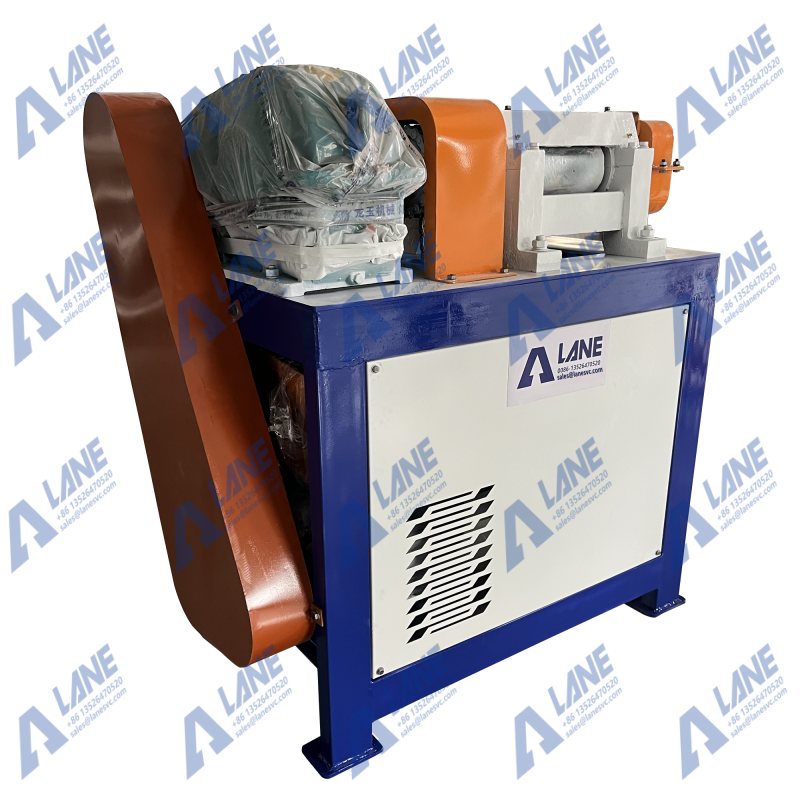
double roller granulator
Product Quality & Packaging Control
Key results from our trial case:
-
Granule size compliance (2–4 mm): ≥90%
-
Crushing strength: ≥30–40 N per granule
-
Moisture: 2–4% at final stage
-
Dust content: ≤1–2% (further reduced with molasses coating)
-
Packaging: moisture-proof composite bags with liners, packed at ambient temperature
These benchmarks show that organic–inorganic SSP fertilizers can meet market standards while adding value through sustainability.
Environmental & Safety Considerations
The Malaysia trial production also addressed environmental requirements:
-
Deodorization: bio-filters or acid scrubbers for composting exhaust.
-
Dust control: negative pressure, cyclone + bag filter units.
-
Wastewater: collection and treatment of condensates.
-
Hygiene: routine cleaning of molasses/binder pipelines to prevent mold.
These steps ensure compliance with both local regulations and global sustainability expectations.
Our One-Stop SSP Line Solutions
From this trial production, we demonstrated not only feasibility but also our ability to deliver turnkey solutions:
-
Turnkey Organic–Inorganic Fertilizer Lines: Modular extensions downstream of existing SSP plants.
-
Advanced Batching & Automation: Formula libraries, online weighing, and closed-loop moisture control for stable granules.
-
Localized Adaptation: Custom designs for Malaysia’s high-moisture, high-fiber plant residues, including pre-drying, fine crushing, and integrated deodorization.
Our expertise in SSP fertilizer production lines ensures that trial production cases quickly scale into commercial reality.
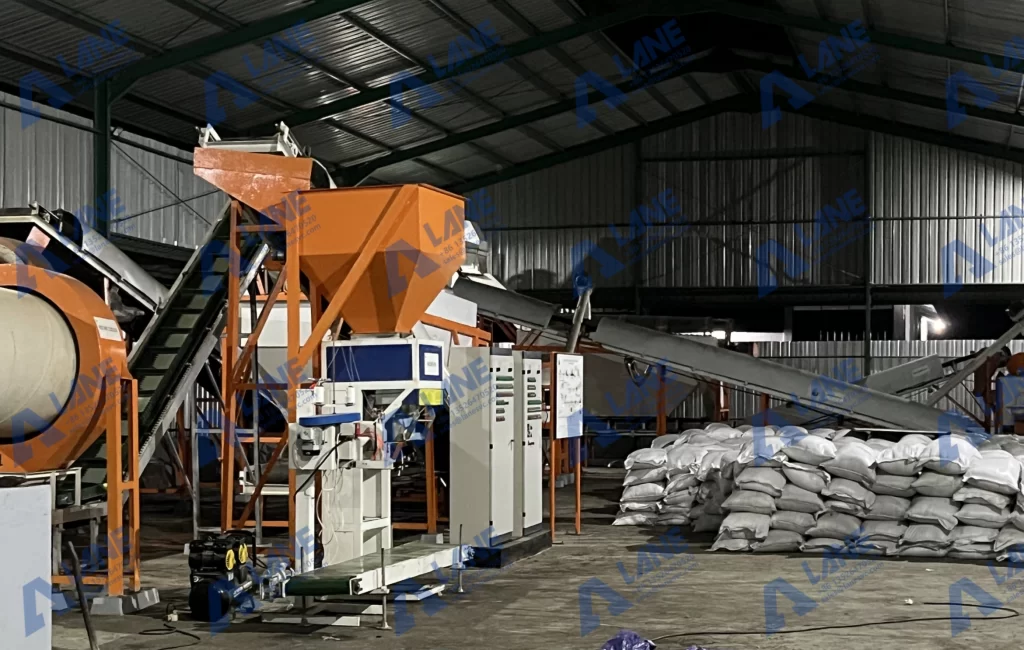
Conclusion
The Malaysia trial production confirmed that integrating local plant waste into SSP fertilizer lines is feasible and commercially valuable. By separating SSP acidulation from organic blending, we avoid risks while achieving high-quality organic–inorganic compound fertilizer. Our turnkey SSP solutions, advanced batching systems, and localized engineering make us the ideal partner for investors seeking innovation in fertilizer manufacturing.
Contact us to discuss how our experience in trial production and complete SSP fertilizer production lines can help you achieve sustainable, high-output fertilizer solutions.
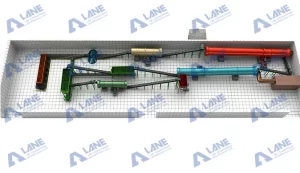
LANE’S turnkey solution
